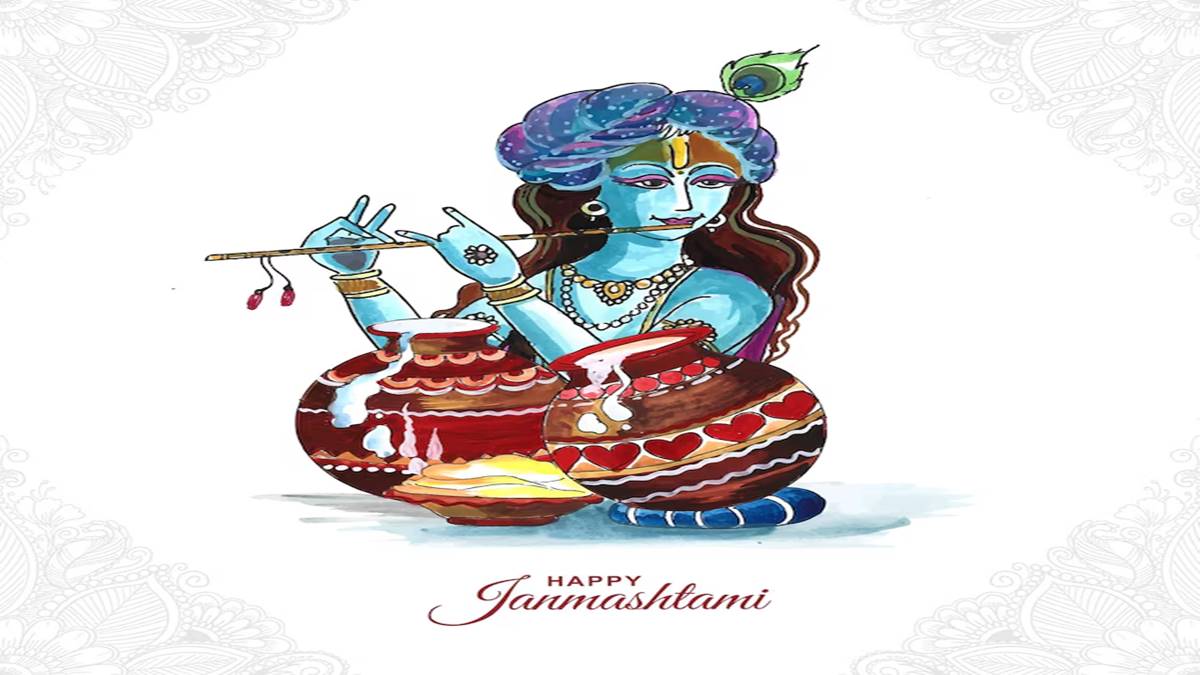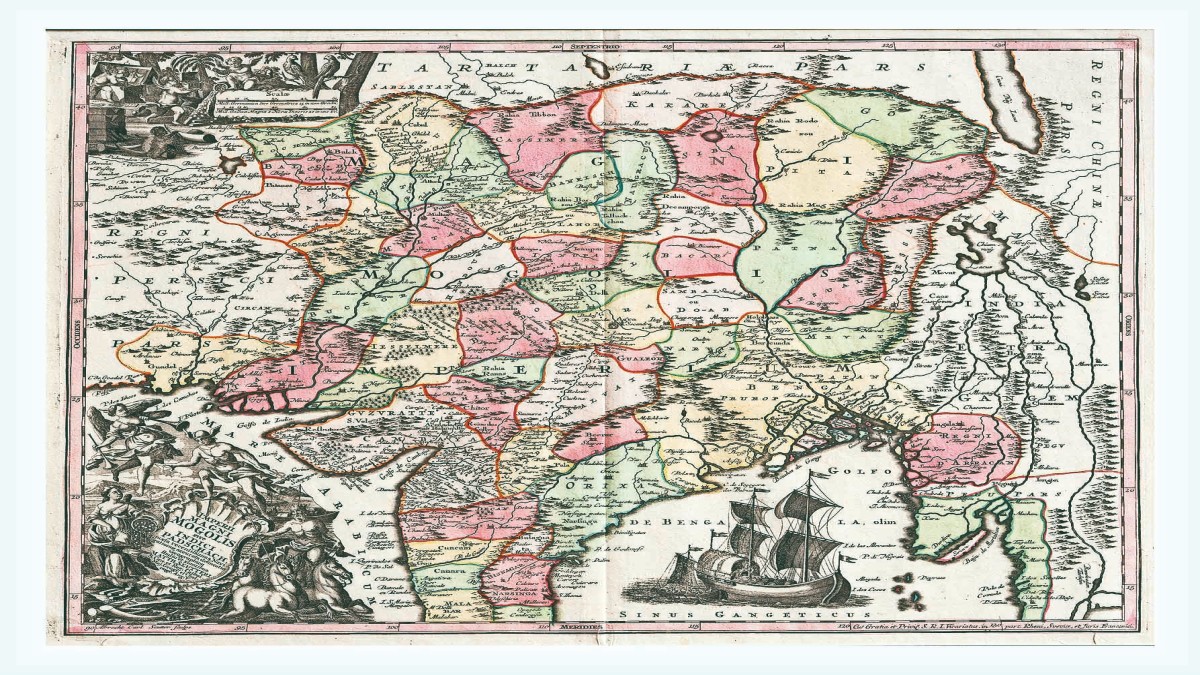Word, play I wanted to be a game-definer,” says Ajay Jain, founder of Kunzum Books. Starting off in 2010 with Kunzum Travel Café in Delhi’s Hauz Khas village, he rebranded it to Kunzum Books over a decade later. Jain runs five Kunzum outlets across Delhi-NCR, each stylish, expansive and modern. A huge space, the store at Greater Kailash 2 is four-storied. While the first two floors are earmarked for books, the third and the fourth house theatres that host a slew of events. A 70’s karaoke night, tango classes, tarot sessions, or poetry and music performances, the bookstore is going beyond books “to attract guests from all walks of life , and catalyse the promotion of art and culture,” says Jain. “We are positioning Kunzum as a cultural hub, not just a literary one,” he adds. Aakash Gupta, CEO and MD of Crossword Bookstores, also feels that “as a positive and necessary evolution, bookstores are now cultural hubs where people gather, learn and engage in enriching experiences. These events make the bookstore experience more immersive, engaging and relevant, fostering community and adding to the joy of reading. At Crossword, we host some exciting events like open mic, trivia night, offline club, and children’s storytelling. These events transform our bookstores into a central, vibrant space for the entire community.” Speaking on the century-old Oxford Bookstore, CEO Swagat Sengupta says “over the decades, it has been a cultural hub, a destination for stalwarts of literature and art to interact with their followers, fans, and readers”. At its original outlet in Delhi’s Khan Market , Bahrisons Booksellers has retained an old-world charm, hosting both regulars and non-regulars. However, as books become the centre of everything, its other stores in Delhi-NCR, along with Kolkata and Chandigarh, are more contemporary in look and feel. “It depends on the location and the space available,” says Rajni Malhotra, who runs the family-run bookstore with her husband Anuj Bahri. “If you are at a mall, the décor should be like that. Also, if you have a big space, you have the advantage to showcase everything,” she adds. On how bookstores are becoming venues of elements beyond books, Malhotra says, “In our model, we have coffee shops inside our bookstores for those who like coffee and books together. That has worked for us.” While a cafe has almost become ubiquitous to the bookstore experience, it was started by the Oxford Bookstores in Kolkata in 2000. “Oxford Bookstore has always been more than just a bookstore—it’s a space designed to cultivate community and social interaction. The addition of a café enhances this atmosphere, serving tea lovers and transforming the bookstore into a cozy and inviting retreat where customers can leisurely enjoy their purchases accompanied by delectable offerings,” says Sengupta. Non-book events translating to sales? While a number of legacy bookstores have shut shop recently, Bengaluru’s Nagasri Book House, being the latest one, sellers like Baharisons are standing guard while also expanding further. On the competition from new-age bookstores, like Kunzum, which are offering more than books, Malhotra says, “It’s a healthy competition. If more bookstores are opening in the country, it means more people are reading. And if he has the space, whether it’s for a tango class, a play or reading, it just adds to the ambience of books. It’s like a community you’re building. Because ultimately, the aim is to sell books.” But do events, both literary and non-literary, translate to the sale of books? “We have had many successful events. Packed houses happened at a show hosted by well-known comic Papa CJ, the Delhi Poetry Festival, a session with Javed Akhtar and Shabana Azmi, a Sufi performance by Radhika Sood Nayak, and more. We recently hosted Agla Varka: Reimagining Panjab—New Stories in a New Land, an initiative by Majha House Amritsar and the Kuldip Nayar Trust, to an overflowing house,” says Jain. “While book sales are generally good at such gatherings, there have been disappointments too. We have failed to sell more than a handful of books to an audience of over a hundred at times. But we do not rue that; everything contributes to our brand equity,” he highlights. Despite that, Jain believes that “bookstores have to offer more than just books— else they will lose out to the likes of Amazon who sell books like a commodity at deep discounts. We are looking at events up the value chain. These include meaningful conversations with people who matter, and attracting greater talent, especially in music and theatre. We are also in talks with publishers to fly in the best of writers from across the world.” However, on his expansion plans, the Kunzum owner says that he’ll not rush into it because of two reasons. “One, manpower is a challenge in this industry . It is very difficult to find sales staff with a strong knowledge of books. Second, bookselling is a highly personalised business,” he says. Meanwhile, on a rainy evening, right in the middle of Delhi’s Khan Market, Bahrisons Booksellers is brimming with activity. As some sift through books, others engage in conversations as the owners and staff attend to customers. The book curation is especially striking where one can find both trending and still-to-be-discovered titles sitting side-by-side on the shelf, not to mention the staff, who are receptive and aware of what the customer is looking for, and might also recommend a title or two. It’s the informed ‘manpower’ and ‘personalisation’ that Jain speaks of that sells here, making one wish that bookstores never go out of vogue. “I don’t think books will go out of fashion, I hope in our lifetime at least,” says Malhotra. Remembering Jayanta Mahapatra Scent of Rain is about remembering Jayanta Mahapatra, and his ‘relationship’ with the world of poetry; it’s a mesmeric parable of remembrance, a lushly physical, sensual and spiritual journey between memory and remains of memory. Scent of Rain lurches between the absence and presence, a brooding, melodic mix of yearning for a rain of rites and a summer poem. From the chiaroscuro of provincial life to the charms of the cosmopolitan world, Scent of Rain is about the hermeneutics of blurring the boundaries of mortality and immortality; it precedes and exceeds our existence and linguistic practices. The beauty of Scent of Rain lies in its anonymity, fragility and vulnerability to Amor Mundi (love of the world), a defining motif in Jayanta Mahapatra’s life and poetry. And it speaks in the sacred language(s) of the earth. No wonder, it smells like the human body, and god’s flesh too. ‘Call it memory or call it geography’, Scent of Rain is a ‘mask of longing’ and belonging from across generations, genres and landscapes. It is a unique anthology of 192 poems by as many poets on a wide range of themes, representing a variety of languages and voices. Poets from Assamese, Bengali, Bodo, English, Gujarati, Hindi, Khasi, Kokborok, Odia, Malayalam, Marathi, Sikkimese, Tamil, Telugu, Urdu have joined this collective tribute of creating a ‘sky without sky’, or a lingering sunset—each page a recurring intervention “in the silence everywhere and then more silence” in the words of Jayanta Mahapatra. Scent of Rain is also like an ancient ‘stone temple’ in which you experience, along with Jayanta, a mysteriously intimate political experience of bodily and psychic sufferings, even awaiting the risk of actual death, a sacred and immanent realisation of the authentic self. In the semiotic and symbolic sense, the poems in the anthology are actually memory archives—luminescent mirrors of the unknown, the unforeseeable, “a dense forest throbbing with poetry wherein dwells a blossom of spontaneity and inspiration”, and “leaping into blindness or light”. Unsettling linguistic and cultural conventions of so-called Anglophone poetry, Jayanta Mahapatra’s ascent coincided with the forces of decolonisation and democracy in life and literature in India . Jayanta Mahapatra’s fluorescent and flamboyant verses are deeply ‘rooted’ into his native world—his fabled Tinkonia Bagicha home Chandrabhaga in Cuttack. Whether it is his epic poem Relationship or the chillingly visceral Hunger, Jayanta Mahapatra’s poetry is conceived on an oceanic scale to give a panoramic vision of the chaos (moral or material) sustained by the transcendent and transient. Like David Walcott, every poem of Mahapatra is about land, language, and landscape of his people. If ‘sea is history’ for Walcott in the Caribbean Island of Saint Lucia, Mahapatra’s poetry is born out of ‘hunger’ for ‘rain of rites’ in the ‘fallow fields of Dhauli’ in Odisha. “Everything is called sacred in my land. Even poems,” he avers shyly. In fact, Mahapatra’s originality lay in blending haunting beauty of sensuality, alienation, and loss and recovery of self-identity with rain(s) washing the sin, sand, and blood in “the earth of the forbidding myth”. In other words, Scent of Rain is also about a strangely intimate journey from ‘dispossession to rootedness’, and a pilgrimage for realising what philosopher Søren Kierkegaard calls ‘impossible faith’ for humanising our fragmented selves colluding with each other. In this journey of many ‘memories of another world’, Mahapatra speaks to the fragility and precariousness of our existence and meditates on the illusion of existence (liminal or hymnal). In fact, poems in Scent of Rain invoke Jayanta Mahapatra’s deeply elegiac way of viewing the erasure of the past through the struggle for self-creation, which informs the radical and emancipatory language of existential angst and revelation. A rebellious semiotician, writing in English—a language of deferral and slippage for the ‘wretched of earth’—Jayanta forces us to confront the human condition and the anxiety-provoking givens of death, freedom, and meaninglessness arising out of the ravages of modernity. Jayanta, as a poet-philosopher in the literary and aesthetic sense, meditates on the language of poetry as the bridge between “the minor truth of the seen to the major truth of the unseen”. Unlike many of his contemporaries, Mahapatra’s poetry speaks of a certain ‘capacity’ of the language—native and primordial—to awaken and redeem our pre-linguistic desires and emotions. That’s why you “stand among ruins, waiting for the cry of a night bird”. Let’s not forget that Mahapatra’s poetry is also about a light, liquid raging feminist language speaking in a maternal tongue of prayer and protest against the cruelties of the past and present. Jayantada is no more. I remember him saying “love is as strong as death; it’s jealousy as unyielding as the grave. My tears have always been mine. Yes, mine. But let a drop fall on your window sill.” Somewhere, it’s always raining and always summer simultaneously. And I feel the hunger for a language of my own and his. I don’t know how it works. So I lick my tongue and prepare to walk back on the dusty road of homecoming, a journey through frequent loss of memory. I see in his eyes hurricanes furrowing our future. I come home “buy him the morning’s lotus”, promising nothing, only loneliness of the earth. At once I become like him—the scent of rain… Get live Share Market updates, Stock Market Quotes , and the latest India News … Read More and business news on Financial Express. Download the Financial Express App for the latest finance news. None
Popular Tags:
Share This Post:
What’s New
Spotlight
Today’s Hot
-
- August 26, 2024
-
- August 26, 2024
-
- August 26, 2024
In Images | Take a tour of Shraddha Kapoor’s Rs 60 crore Mumbai home
- By Sarkai Info
- August 26, 2024
Featured News
Happy Krishna Janmashtami 2024 Quotes Wishes Images Status
- By Sarkai Info
- August 25, 2024
Books at stands this week
- By Sarkai Info
- August 25, 2024
Latest From This Week
‘FreePavel’: Elon Musk calls for release of Telegram app CEO Pavel Durov in France
LIFE
- by Sarkai Info
- August 25, 2024
Subscribe To Our Newsletter
No spam, notifications only about new products, updates.






























